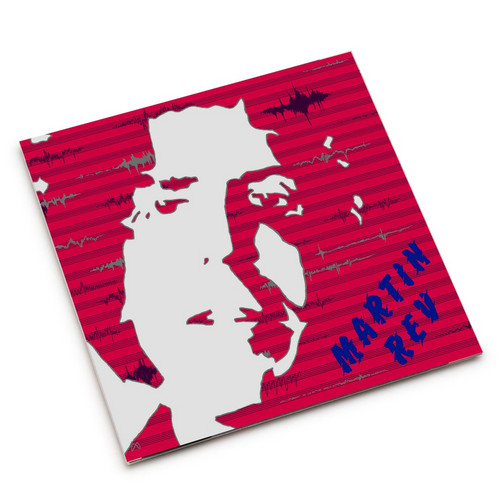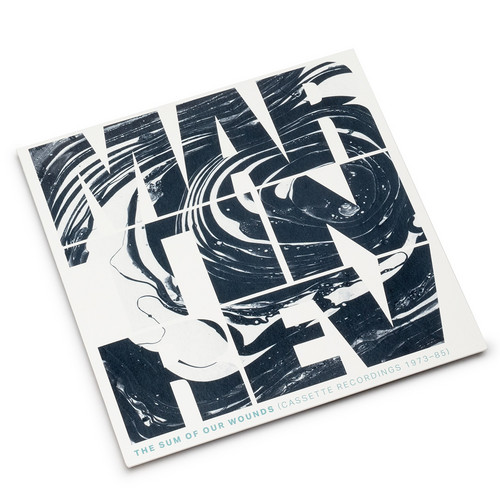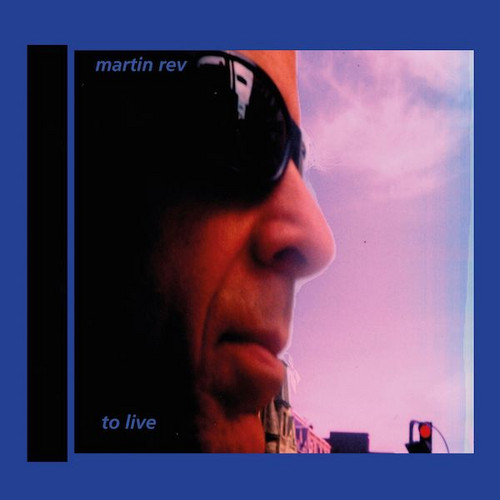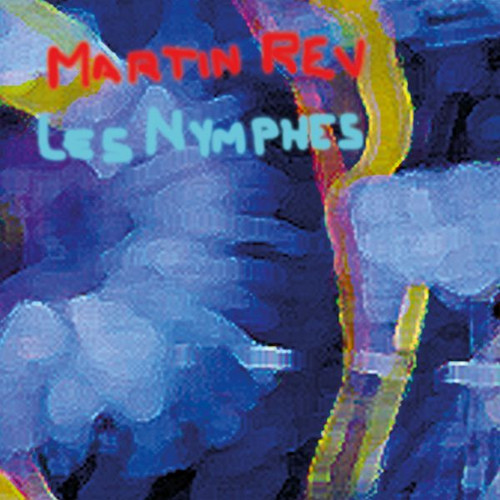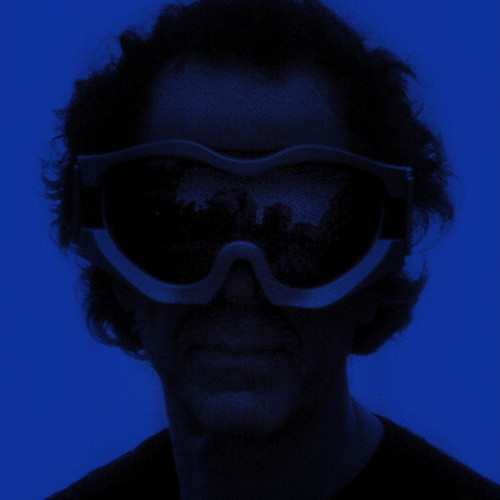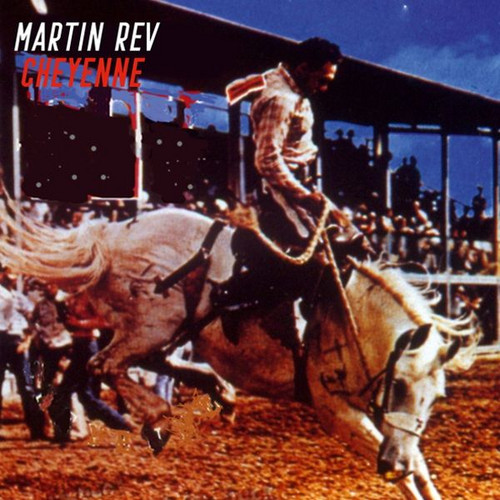Martin Rev
American musician and the instrumentalist behind the protopunk band Suicide. His solo career has released several solo albums for a number of labels. Revs style varies widely from release to release, from no wave to melodic pop to heavy synth induced rock.
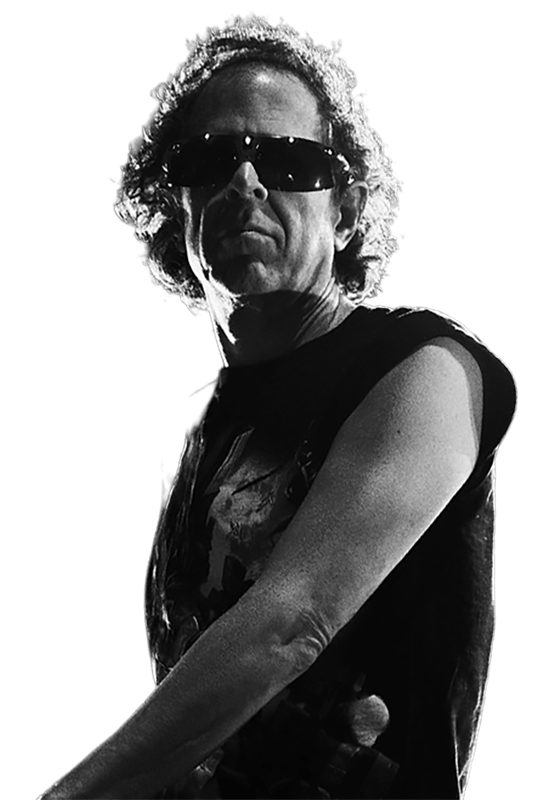
American musician and the instrumentalist behind the protopunk band Suicide. His solo career has released several solo albums for a number of labels. Revs style varies widely from release to release, from no wave to melodic pop to heavy synth induced rock.
Martin Rev
LP version. "Martin Rev's eponymous debut solo record was released in 1980, not long after the second Suicide LP appeared. It is one of the most seminal albums to have emerged in the early years of electronic music?. The tension between his hypnotic drum machine salvoes and Alan Vega's irrepressibly expressive voice on stage or in the studio created an electrifying mix, and yet these six supremely minimal compositions were no less impactful without Vega's voice. There is an enchanting simplicity…
The Sum Of Our Wounds (Cassette Recordings 1973-85)
Red Vinyl, edition of 500. The archetypal Martin Rev sound – a perennial influence on generations of musicians – is most prominently in evidence in the works of Suicide, the duo he played in across the decades with with Alan Vega. However, the radical and distinctive nature of his music can be traced further back in time, originating in the base energy of rock’n’roll which the teenage Rev experienced as the ubiquitous soundtrack to his home city of New York.
To Live
American indie label File 13 Records released what was already Martin Rev's sixth solo album in the autumn of 2003. The previous year, Rev and his musical partner Alan Vega had struck out in a new direction on their "American Supreme" album and Rev's solo works continued in a similar vein. If "Strangeworld" from the year 2000 actually felt more like a timeless abstract of Martin Rev's entire spectrum of musical influences, "To Live", three years later, introduces more contemporary elements, incl…
Les Nymphes
A Martin Rev album is always liable to spring a surprise. Think of the rough guitars which unexpectedly appeared on his 2003 release "To Live" instead of synthesizers. "Les Nymphes", which followed in 2008, saw Rev return to dream-laden melodic miniatures, but came from a resolutely more radical place than its predecessors.
3 Raw Takes
This EP features 3 unreleased early takes from Martin Revs Les Nymphes -album from 2008. Tracks are early 2006 stripped down versions. Sähkö dig out previously unreleased versions of Martin Rev’s ‘Les Nymphes’ cuts from cold storage, spanning singular takes on rock ’n roll techno, dark drone ambience and a slow rave peach by the Suicide legend.We almost mistook the swaggering nine minutes of ’Sophie Eagle (Early Version)’ for a Theo Parrish number, but nah, it’s definitely Martin Rev getting dow…
Cheyenne
Bureau B present a reissue of Martin Rev's Cheyenne,
originally released in 1991. The sphere of Martin Rev's influence and
the relevance of his music may well be related to the fact that he was
one of the first artists who succeeded in grasping the abstraction of
electronic music, infusing it with a sense of immediacy built on raw
energy. Whilst the likes of La Monte Young, Terry Riley, Steve Reich, Philip Glass, and Kraftwerk
were busy digging in the electronic music garden, Martin Rev fo…
Clouds of Glory
Bureau B present a reissue of Martin Rev's Clouds of Glory, originally released in 1985. Martin Rev is best known as one half of the seminal duo Suicide (with Alan Vega). Listening to his solo albums, it becomes clear that Rev was responsible for the group's music. Clouds of Glory, his second solo effort, was released on the French label New Rose in 1985. Suicide mirrored the reductive and radical traits of the contemporaneous punk scene that was in the process of emerging, but their electronic,…
